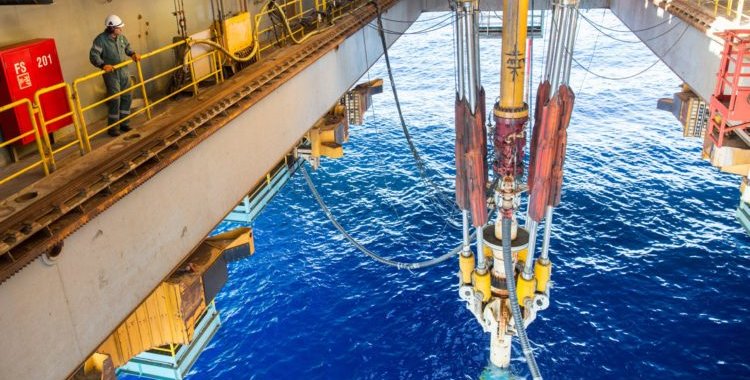"Angola, which left the Organization of Petroleum Exporting Countries at the beginning of 2024, is expected to see its oil production slow down by around 100 thousand barrels per day, to around 1 million per day by 2030", reads a published report this Wednesday in Paris, the Agency's headquarters.
In the document, IEA experts highlight that "oil production in Angola has been falling for years due to underperforming assets and operational problems."
Production in Angola, the second largest oil producer in sub-Saharan Africa after Nigeria, "peaked between 2008 and 2016, with 1.7 to 1.8 million barrels pumped daily, before beginning a decline worsened by problems operational in its ultra-deep and high-cost wells", reads the report, which also points to 2028 as the first year of production for the Cameia and Golfinho wells, from the French company TotalEnergies, which are expected to yield 70 thousand barrels per day.
In forecasts, the IEA sees Angola pumping 1.11 million barrels per day in 2024, and then 1.08 and 10.9 in the following two years; In 2027 production is expected to rise to 1.10 million, but then drops to 1.08 the following year, to 1.06 million in 2029 and reaches 2030 pumping 1.04 million barrels per day.
In its annual report on the medium-term oil market, the IEA estimates that production should increase to around 113.8 million barrels per day by the beginning of the decade, which will result in an extraction surplus of around eight million barrels. , around two million more than today.
This “massive” margin, of a size only comparable to that of the Covid crisis (in 2020 it exceeded nine million barrels per day), directly threatens the strategy of the OPEC+ oil cartel to avoid falling prices.
On Tuesday, the Minister of Mineral Resources, Oil and Gas said that the country's effort is currently not aimed at increasing oil production, but rather at keeping it at around one million barrels per day.
“Our big fight now is not to increase production, it is to stabilize production at a million or so [barrels per day]”, said Diamantino Azevedo, when responding to deputies of the National Assembly's Economy and Finance Commission, in a parliamentary hearing to address the situation in the sector he heads.
The holder of the Mineral Resources, Oil and Gas portfolio highlighted that “it is natural” the decline in production that Angola has registered for a few years.
“It's like a glass of water, we drink it, it runs out, we have to replace it. It's like oil, we've been exploring for years, the reserves are running out, we have to look for it and if we're lucky we find it and we don't always find it at the same rate as we withdraw it,” he said.
According to the minister, “it is necessary to invest”, because Angola, after “golden years of the oil industry”, went through a long period without new investments.







